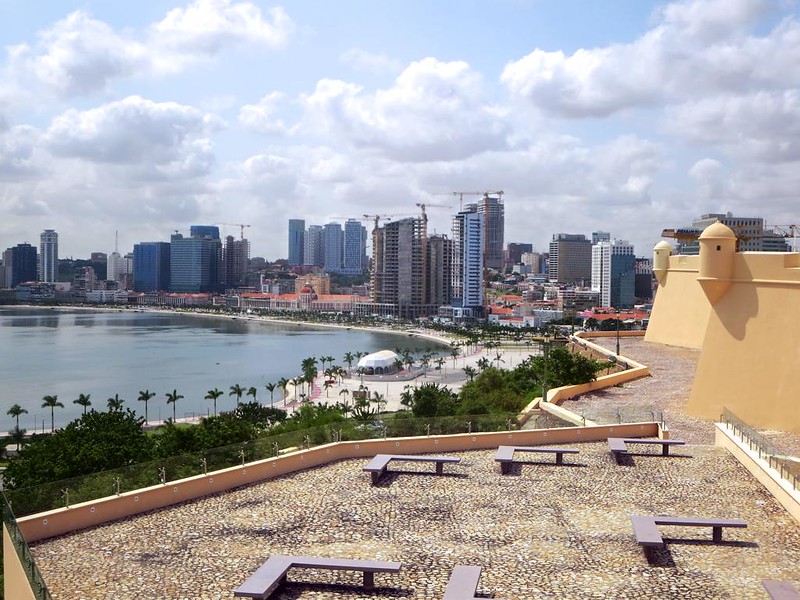
Angolan capital Luanda has been ranked the world's most expensive city to live.
Yes, it is true that most of the Angolan capital's population lives in poverty on the outskirts of the city, in the center, Angola's capital city Luanda is the priciest city for people who are not from Angola or expatriates. In Luanda, you must have very deep pockets for housing, transport, clothes, food and entertainment and everything else in-between. Luanda was judged the costliest city due to the expense of goods and security.
 |
| Africa's capital city of Luanda |
The survey is designed to help multinational companies and governments determine compensation allowances for their expatriate employees. Hong Kong, Tokyo, Zurich and Singapore comprise the rest of the top five priciest cities.
Angola is Africa's second largest oil producer and Luanda is the capital and largest city in Angola, and the country's most populous and important city, primary port and major industrial center. Between 1975 and 2002, Angola suffered one of Africa’s longest and deadliest civil wars. Angola’s violent 27-year civil war, ended only in 2002, which crippled its infrastructure and decimated its ability to support itself. Consequently, almost everything in Luanda has to be imported; heavy import duties, along with high taxes and monopolized supply chains driving up the price of goods and services to astronomical levels.
Another reason for the high cost of housing in Luanda is there are an estimated 10 million landmines buried over half of the country. According to Halo trust, there are more than 620 minefields mapped and recorded in the eight provinces throughout Angola; Benguela, Bié, Cunene, Huambo, Huila, Kuando Kubango, Kuanza Sul and Namibe.
Province: Luanda Province
Area: 43.63 mi²
Founded: 1575
Angola is a Southern African nation whose varied terrain encompasses tropical Atlantic beaches, a labyrinthine system of rivers and Sub-Saharan desert that extends across the border into Namibia. The country's colonial history is reflected in its Portuguese-influenced cuisine and its landmarks including Fortaleza de São Miguel, a fortress built by the Portuguese in 1576 to defend the capital, Luanda.
Together we build awareness that boost harmony, education, and success, below are more links to articles you will find thought provoking.
- Dangerous Erupting Volcanoes of Africa

- Top 20 Largest Countries in Africa

-
What is an African Proverb

- African Water Spirit Mami Wata

-
Percentage of White people living in Africa



























